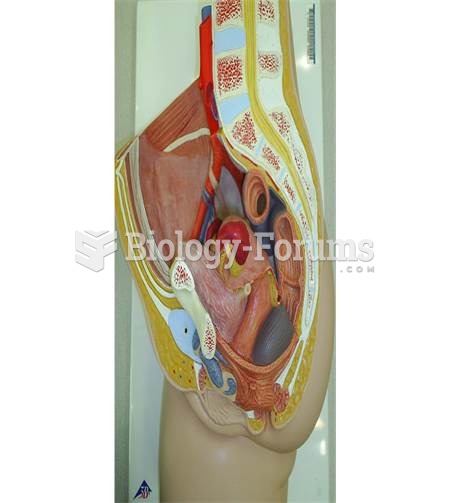Answer to Question 1
ANS: 1
Recent surgery is a condition that places clients at high risk for fluid, electrolyte, and acid-base alterations. Clients continue to be at risk during the acute phase until the underlying process is resolved. For example, the stress response of surgery causes fluid-balance changes in the second to fifth postoperative day, when aldosterone, glucocorticoids, and ADH are increasingly secret-ed, causing sodium and chloride retention, potassium excretion, and decreased urinary output. The client's diet most likely has not advanced enough to be concerned about excess sodium in-take. The client's activity level is important, and the nurse should encourage her to increase her activity level. The client's oxygen level is also important to monitor, but has no direct effect on the fluid, electrolyte, and acid-base alterations
Answer to Question 2
ANS: 2
Children ages 2 through 12 have less stable regulatory responses to imbalance, and in childhood illnesses they tend to operate within a more narrow range with less tolerance for severe fluid and electrolyte imbalance. Clients who have been exposed to temperature extremes may have clinical signs of fluid and electrolyte alterations. Exposure to environmental temperatures exceeding 28 to 30 C (82.4 to 86 F) results in excessive sweating with weight loss. A body weight loss over 7 decreases the ability of the cooling mechanism to conserve water. The nurse's first priority is fluid volume replacement, then an antipyretic (because the fever is not dangerously high). If the child has been vomiting, she is likely to vomit the juice.







